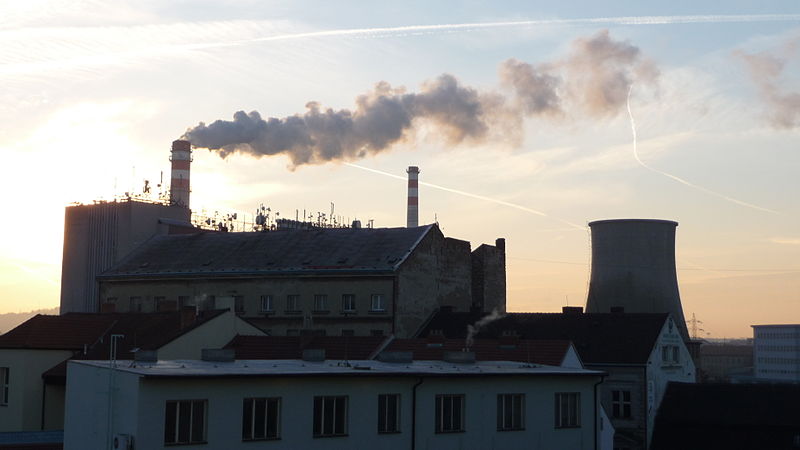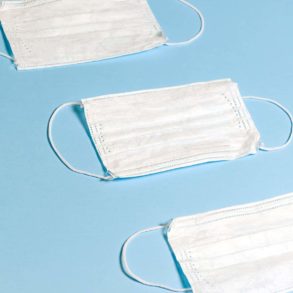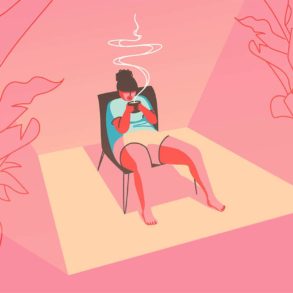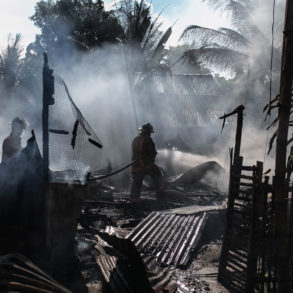Brno, August 2 (BD) – An international project will transform industrial brownfield near infamous Cejl street into a smart city incubator.
Sustainability and self-sufficiency are the goals that should trigger the future interaction of businesses, research community, and citizens of Brno.
Council of the City Brno has recently approved a part of Teplárny Brno a.s. in the Špitálka area as the premise where to commence the creation of future.
The area will serve as a modern low-cost residential district.
An acronym for the initiative, RUGGEDISED (Rotterdam, Umeå and Glasgow: Generating Exemplar Districts In Sustainable Energy Deployment), refers to a link of 6 European cities.
Each city has selected an area with the potential to create a revitalized district with the most recent technologies preserving sustainability and ensuring a real quality lifetime.
Brno with its 500 ha of unused properties has a huge potential to build up revitalized districts.
Špitálka, a complex of factories, has been operating since 1930. “The district should provide not only accommodation but also new job opportunities without excessive mobility requirements and it could trigger the model transformation of the entire city,” the Deputy of Smart City Jaroslav Kačer envisages.
The second location RUGGEDISED project focuses on is Trade Fairs Brno Company that offers more than 130,000 sq m of net exhibition area making it one of the world’s largest exhibition centers.
“I personally hope that the participation of the City of Brno in the RUGGEDISED project will result in a higher quality of life of citizens, new jobs and more efficient operation of the City,” the Mayor of Brno Petr Vokřál explains.
An initial analysis will take place following year. Brno citizens can expect an architecture and urban planning competition. Universities and research centers are welcome to take part in this future-based project.
Brno will experience the actual transformation around the year 2022. The program is financially supported by the European Union.
Title photo: Pavel Ševela [CC BY-SA 3.0], via Wikimedia Commons








